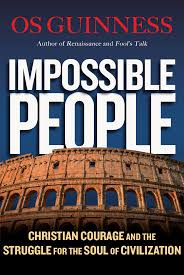- Begin a gratitude journal by keeping a record of the 'abundances' God has given you. Next to each abundance write what it means to you to have a God who interacts and intervenes in your life. Notice what you have been given that you did not deserve. What you you want to say to God about these things?
- End every day by saying thank you to God for at least one thing. Then tell God what that one thing meant for you.
- Write a letter of thanks to someone who has touched your life in the past year, the past month, the past week.
- Get a current hardship firmly in mind. How do you feel about the hardship? Tell the truth to God. Where is the evidence of God's presence in this hardship? Is there anything you can be thankful for? If you cannot find God in your hardship, spend some time with Jesus in the Garden of Gethsemane. What does he want to tell you?
- What sorts of things tend to encourage you in thankfulness? Praise songs? Worship? Time spent with friends? Giving and receiving presents? Plan ways of incorporating the things that encourage thankfulness into your life on a regular basis.
- Hold a thank-you party. Invite the people you want to honor with a thank you.
- Create a thank-you scrapbook. Besides photos and pictures, write your prayers of thanksgiving.
- Notice your tendency to make comparisons that result in feelings of dissatisfaction or entitlement. Practice abstaining from comparative statements about what you don't have. Instead give thanks for what you do have.
(page 31)






